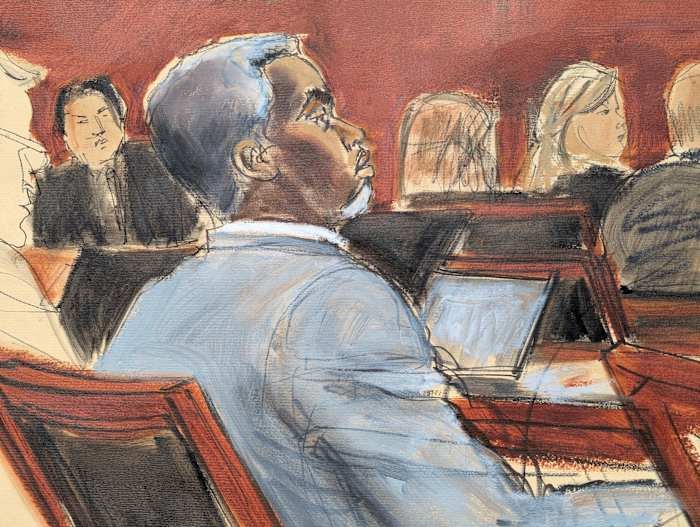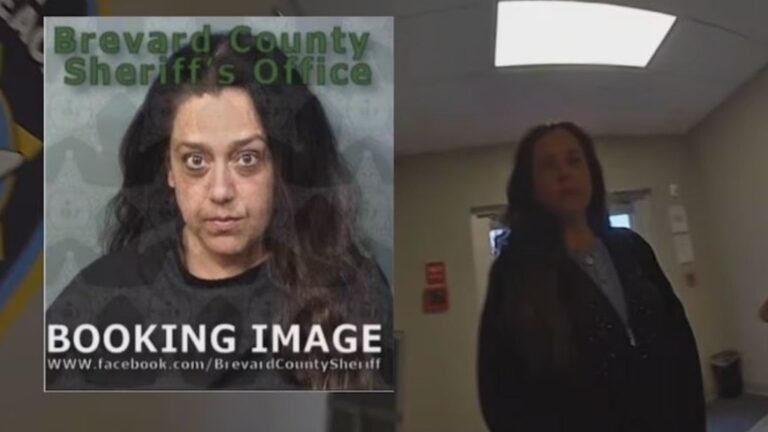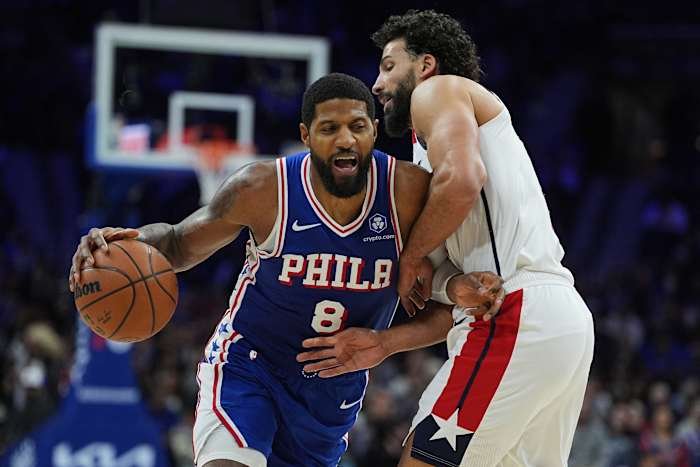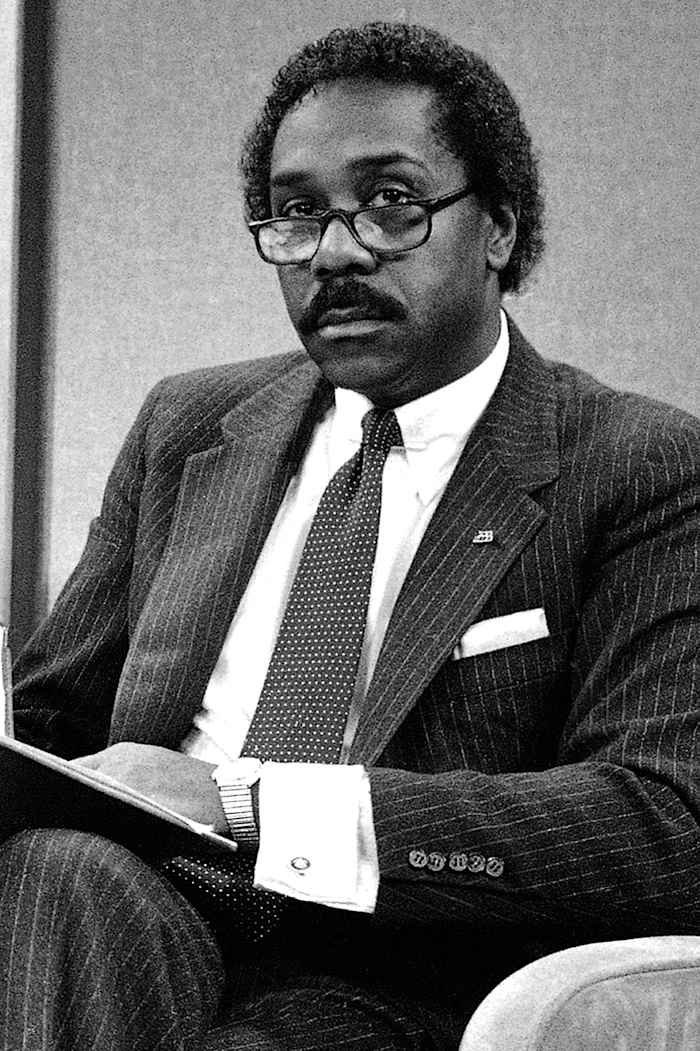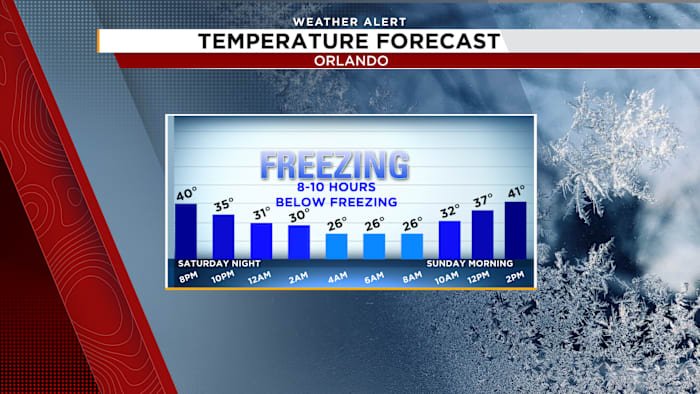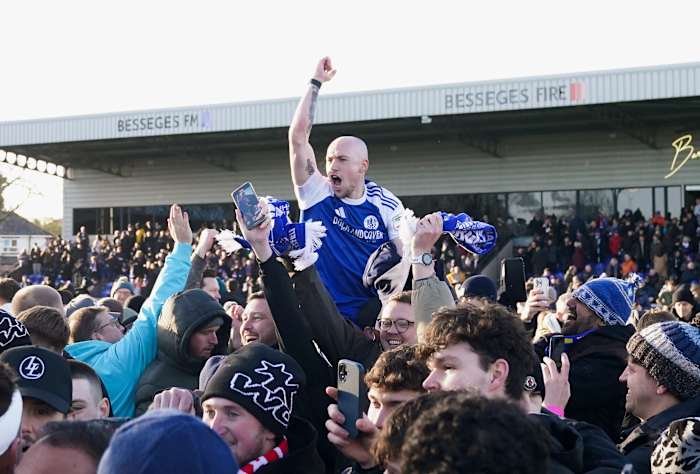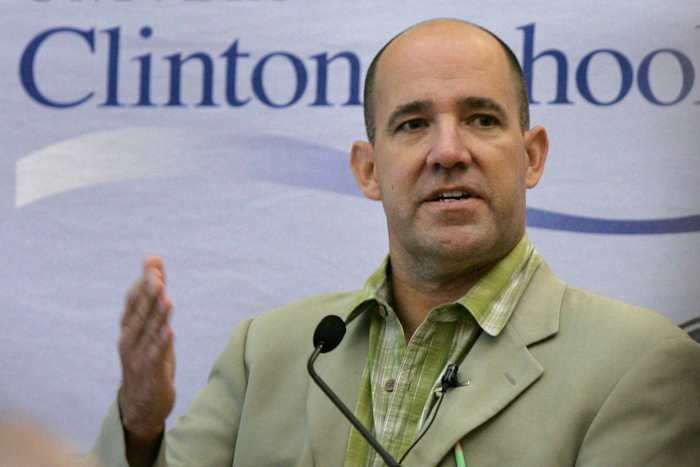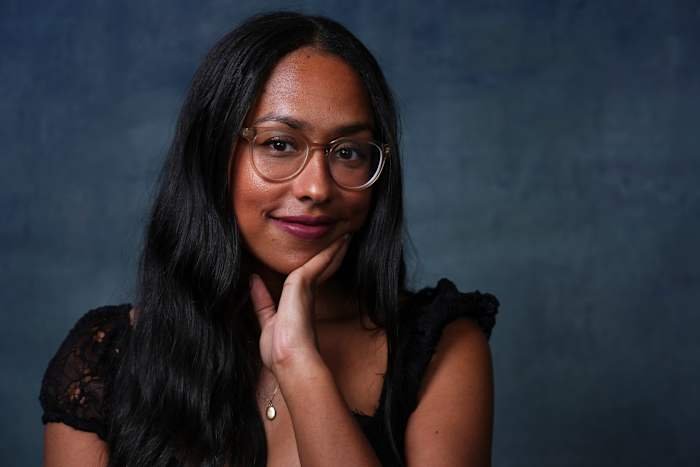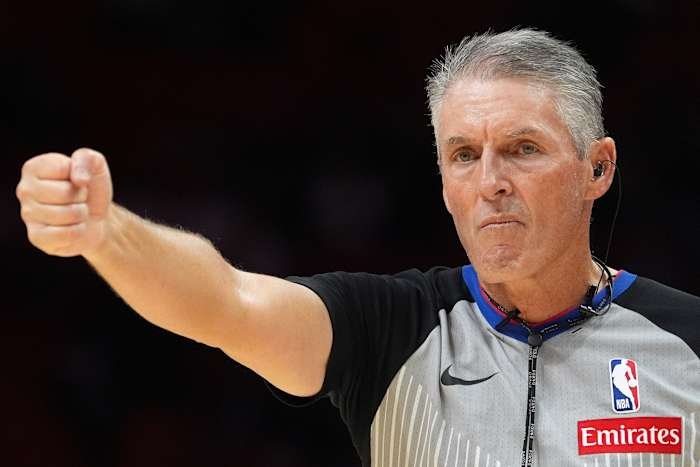Introduction
The high-profile federal trial of Sean “Diddy” Combs has captured national headlines, with many across the country keeping a close eye on the courtroom proceedings. Here in Orlando, a city that values justice and diversity, the intricacies of this trial hit home as we reflect on our own experiences with the legal system. Central to this trial—and to any fair judicial process—is the jury. In the Combs case, a federal jury composed of eight men and four women is tasked with weighing the testimony and evidence in a sex trafficking case that has sparked intense public debate. But who are these jurors, and what can we learn from their selection and responsibilities?
The Jury Selection Process: Pursuing Impartiality
In federal courtrooms, the jury selection process—known as voir dire—is designed to ensure impartiality and fairness. For the Sean “Diddy” Combs trial, the process involved questioning dozens of potential jurors about their backgrounds, beliefs, and any possible biases regarding high-profile figures, the music industry, or issues of sexual assault and trafficking. Attorneys for both the prosecution and defense worked diligently to select individuals who could objectively assess the evidence, regardless of Combs’ celebrity status.
Here in Orlando, the selection process echoes these same principles. Our city’s diverse population often results in juries that reflect a broad spectrum of experiences and viewpoints. This diversity is crucial when handling sensitive cases, ensuring that verdicts are not swayed by prejudice or preconceived notions. In the Combs trial, the final jury includes men and women of different ages and backgrounds, a microcosm of the wider American public.
Who Are the Jurors?
While the identities of the jurors are protected for their safety and privacy, some general information has emerged. The jury consists of eight men and four women, reportedly from various professional and social backgrounds. This mix is intentional, as it brings together people with different perspectives on the legal and moral questions at hand.
Federal courts often aim for demographic balance, understanding that a range of life experiences can shape how evidence is interpreted. In a diverse city like Orlando, juries frequently include residents from all walks of life: from hospitality workers and teachers to business professionals and retirees. This reflects the broader American commitment to peer judgment, a foundational element of the justice system. For the Combs trial, the diverse jury is expected to deliberate carefully on the testimony and evidence related to the serious charges facing the defendant.
The Responsibilities of a Federal Jury
Serving as a juror in a federal trial is a profound civic duty. In the case of Sean “Diddy” Combs, jurors are hearing testimony from alleged victims, law enforcement, and industry insiders. Their job is not to pass judgment based on media coverage or public opinion, but to evaluate the facts presented in court.
Jurors are instructed to avoid news reports and social media discussions about the case. They must focus solely on the evidence and legal instructions provided by the judge. This impartiality is vital, especially in high-profile cases that generate significant public attention in Orlando and nationwide. Jurors are expected to deliberate together, discussing the facts and applying the law to reach a fair verdict—one that will have profound consequences for all parties involved.
Why Jury Diversity Matters—Especially for Orlando
The demographic makeup of a jury can have a significant impact on the outcome of a trial, especially in cases involving sensitive issues like sex trafficking. Diverse juries are more likely to consider a wide range of perspectives and life experiences, which can lead to more thorough and compassionate deliberations.
In Orlando, where populations from different cultures, backgrounds, and socioeconomic statuses live and work together, jury diversity is a point of community pride. It underscores our commitment to equal justice under the law. The Combs trial highlights the importance of ensuring that those making life-altering decisions in the courtroom are as representative of the community as possible. For Orlando residents, this case serves as a reminder of why active participation in the jury process is essential to upholding justice and trust in our legal system.
What Can Orlando Learn from the Combs Jury?
The ongoing trial of Sean “Diddy” Combs offers valuable lessons for Orlando. It illustrates the importance of careful jury selection, respect for civic duty, and the need for transparency in high-profile cases. Our own community courts can draw inspiration from the rigorous standards set in federal proceedings, ensuring that every defendant receives a fair trial by a jury of their peers.
Moreover, the case emphasizes the power of ordinary citizens to shape the outcomes of the most serious legal matters. Whether in a high-profile federal trial or a local Orlando courtroom, jurors hold the keys to justice. As we watch the Combs trial unfold, it is crucial for Orlando residents to remember that our participation in the jury process is not just a duty, but a privilege that protects the rights of all.
Conclusion
The federal jury in the Sean “Diddy” Combs trial is a testament to the importance of fairness, diversity, and civic responsibility in our justice system. As the case continues to unfold, all eyes—including those in Orlando—are on the twelve men and women tasked with delivering a just verdict. Their service reminds us of the critical role jurors play in upholding the law and protecting the rights of all individuals, regardless of fame or fortune.
What

